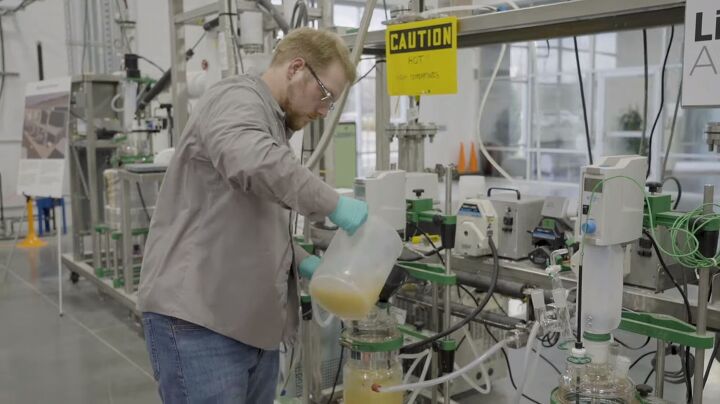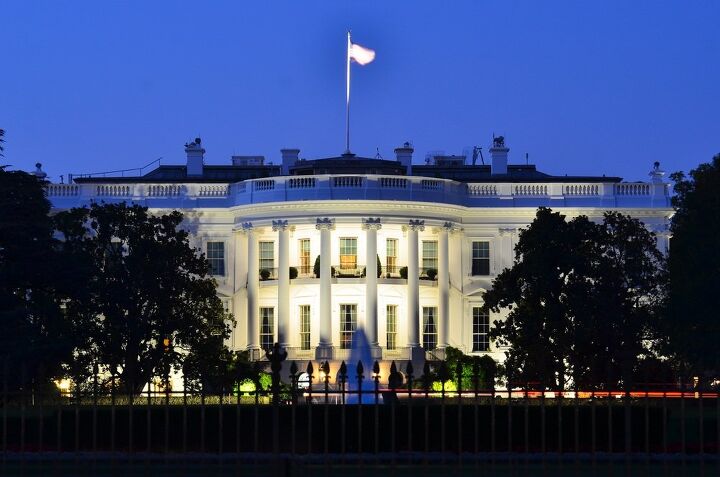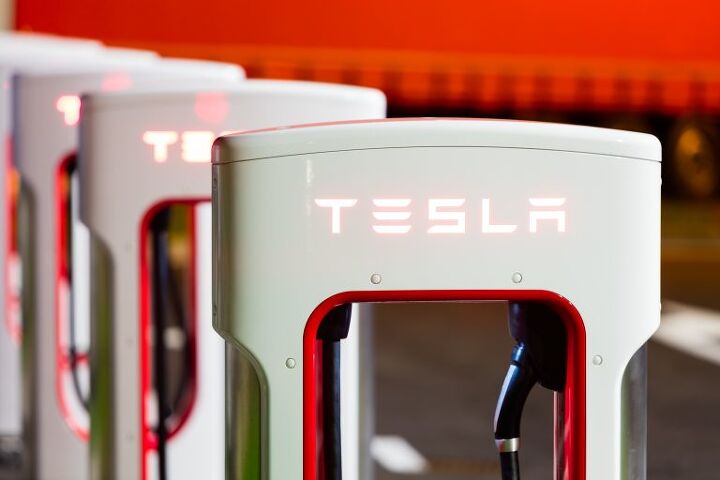#mining
Report: Lithium Americas Breaks Ground in Nevada Mining Operation
Lithium Americas has broken ground on its Thacker Pass mining operations, potentially opening the door to what some are calling the largest lithium deposit in the entire world. However, it’s estimated to be another three years before refinement takes place and the materials can be adapted for use in battery powered products — including all-electric vehicles.
EV Sales Are Up, But So Are Lithium Prices
With electric vehicle sales on the rise and the Biden administration allocating $900 million to address the insufficient charging infrastructure – one of the biggest obstacles EVs have to contend with – it seems like alternative energy automobiles may indeed become the future of driving. However, there is one problem even a firehose of money and mounting regulatory pressure can’t address.
Despite massive investments from both government and private entities, EVs need batteries, and the raw materials required aren’t getting any easier to obtain. Lithium values continue to rise and have recently reached an all-time high that’s setting the stage for pricier electric vehicles. While this wouldn’t be so bad by itself, EV prices jumped dramatically this year and have continued to do so at a pace that has overshadowed their combustion-reliant counterparts.
Report: Biden to Use Wartime Powers to Boost EV Battery Production
U.S. President Joe Biden is said to be considering utilizing wartime powers to spur domestic electric vehicle battery production. The administration reportedly wants to add the necessary raw materials to the Defense Production Act (DPA) penned at the start of the Korean War in 1950.
Originally designed to give the federal government more control of the U.S. economy (especially in regard to raw materials) throughout the Cold War, the law has also been leveraged by the Department of Defense to advance new technologies starting in the 1980s. In 2011, Barack Obama invoked the act to force telecommunications companies to provide detailed information to the Commerce Department’s Bureau of Industry and Security. Donald Trump would later invoke the DPA to identify an array of products deemed critical to national security as the trade war with China heated up, and then again to spearhead domestic production of materials and goods pertaining to the COVID-19 pandemic.
Indonesia Receives Mining Proposal From Tesla
Indonesia has reportedly received an investment proposal from Tesla Inc. requesting access to its nickel reserves. Once the largest producer of nickel in the entire world, Indonesia’s government started enacting regulations on the exportation of specific mineral ores in an effort to boost the local smelting industry and set up a more robust supply chain focused on lithium batteries.
This resulted in a huge price surge in 2019, as the nation began running mining opportunities under the noses of various industries that would be interested in the raw materials necessary for battery production.
Report: Mass Nickel Mining Probably Won't Be Great for the Environment
Electric vehicle manufacturers are already struggling to maintain supply lines as demand for batteries increases in practically every industry in existence. Automakers have recently begun branching out to secure the raw materials necessary for their production while also trying to cozy up to battery suppliers who already know they have them over a barrel. Some, like Tesla, have even built their own facilities for battery production.
In August, Tesla CEO Elon Musk announced that the automaker would offer favorable deals to companies that could mine nickel in an ecologically friendly manner and help ensure it has an adequate supply of the metal for batteries. But there’s a problem: pretty much every automaker wants access to nickel and — much like cobalt — there are often serious implications regarding how it’s procured. As demand continues to grow, industry players will become increasingly reliant on regions lacking rigid environmental safeguards.
Suppliers Have More Lithium Than EV Manufacturers Currently Need
The lithium industry — essential for the production of battery electric vehicles — has run into a problem. It’s currently amassing more of the metal than it needs. Despite automakers like Tesla suggesting there will be upcoming global shortages of metals like copper, nickel, and lithium, the only element that battery suppliers appear to be truly desperate for is cobalt, which is largely the fault of where and how it’s mined ( the Congo, often by children).
Demand for the brittle, bluish metal skyrocketed this year, but not lithium. The latter metal’s global supply currently exceeds demand by about 5 percent, according to data from Canaccord Genuity.
China Will Again Control Rare Metals in Hybrids, Other Cars
Metals found in hybrid batteries, diesel fuel and headlight glass could again be subject to China’s ever-changing rules for rare earth exports.
On Wednesday, Molycorp announced that it would be suspending its mining operations of rare earth metals in California, but keep its mines in China and Estonia open for the time being.
The company, which went public in 2011, has fallen on hard times. In June, the company filed for Chapter 11 bankruptcy protection and slowing demand in China isn’t helping. However, without a mine in the U.S., much of the rare earth metal mined in the world could be under Chinese government purview, and that’s not good.





















Recent Comments